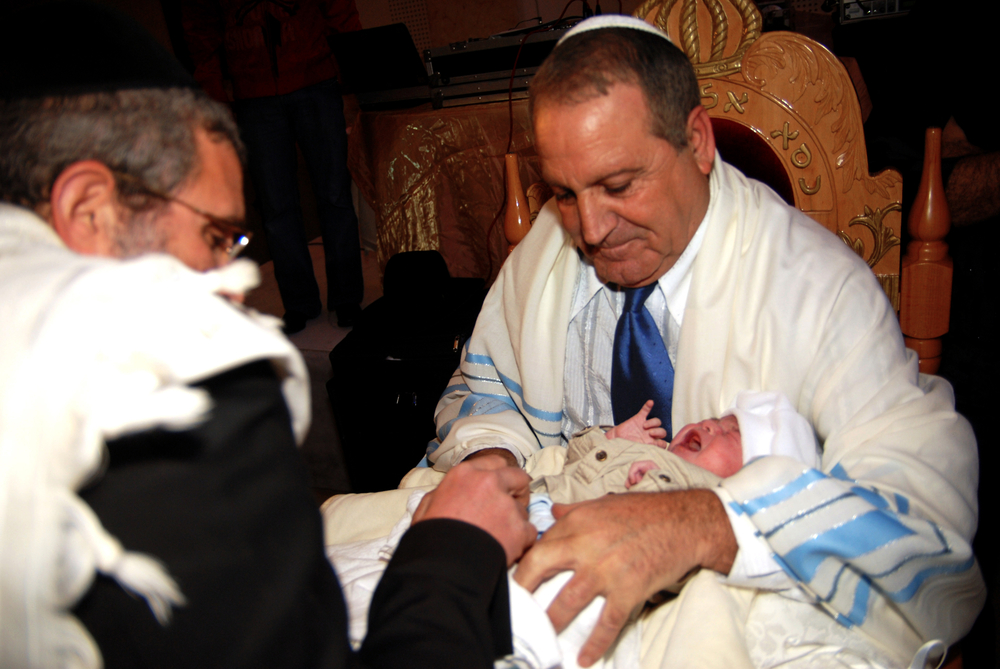In Parshas Korach, Korach and his followers confronted Moses and accused him of appointing Aaron, his brother, as the High Priest without God instructing him to do so. The Talmud (Sanhedrin 110a) tells us that they did not approach Moses in a respectful manner to express their view, rather they ridiculed Moses and caused his name to be tarnished throughout the camp of the Jews. Moses was devastated, and attempted to solve matters peacefully, but to no avail. With no other options left, Moses introduced the ultimate test to prove his integrity and said, (16:28-30), “If these people will die a natural death, then indeed it was not God who commanded me to do so. But if God will create a new creation and have the ground open its mouth and swallow them, then you shall know that these people have gone against God.”
Rabbi Eliyahu Boruch Finkel asks, why was it necessary to make such a dramatic scene in order for Moses to prove that he is justified? Why couldn’t he just simply say, “If all these people will die naturally by tomorrow, then that shall prove my innocence?”
Rabbi Finkel offers an astonishing answer as follows: The Talmud (Kesubos 62b) tells an incredible story. Rav Rachumi would go away to learn Torah from Rava for extended periods of time, and he would always come home on the eve of Yom Kippur. One year, when he was supposed to go home, he was so engrossed in his studies that he didn’t realize that the time to leave had come.
Meanwhile, his wife was waiting longingly in anticipation for his return. As the time passed, she kept on hoping that he would show up any second. When it got late and he still hadn’t arrived, she was saddened, and a tear fell from her eye. At that moment, as Rav Rachumi was studying Torah on a raised level, the floor caved in under him and he died.
Based on the principle we see from this story, had Korach and his followers suffered a natural death overnight it would not have proven anything! There could have well been a different reason that caused them to die suddenly. Their sudden death could have been a consequence for hurting Moses by humiliating him in public in a most disrespectful way, since even if they were correct in their accusation, there was no excuse to disgrace Moses and mock him for this. Only the fact that they would die in a new, unnatural way, would prove that Moses was right.
This is a most frightening concept, and give us a new perspective on the importance of avoiding hurting people’s feelings. The severity of hurting someone else’s feelings cannot be overstated. Even if the other person may be actually wrong, this does not give the license to shame him, and doing so can have detrimental repercussions. Furthermore, it is of utmost priority to be on guard and make sure that we don’t pain someone emotionally even accidentally. As we see in the story of Rav Rachumi, causing emotional pain, even if done unintentionally, is a very serious matter for which one can end up suffering severe consequences.
Parshas Korach by Rabbi Yitzchok Aryeh Strimber (torah4every1@gmail.com)


